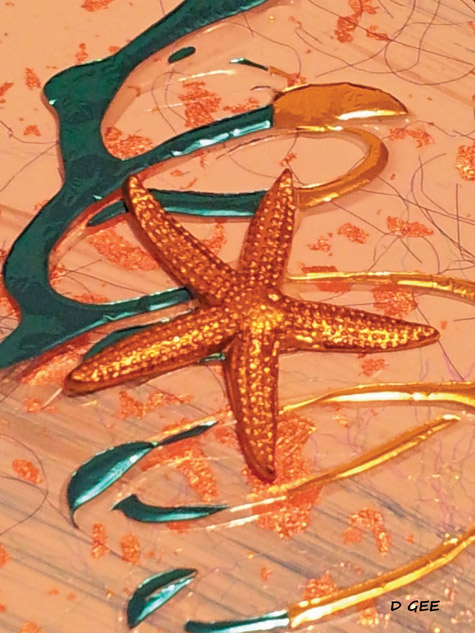– by Dr. Shelley Breadner –
Did you get chickens because you love eggs? Or do you have eggs because you love tending chickens? It doesn’t matter which came first, but now you are living closer to the land, with hens, eggs, garden scraps and natural fertilizer. Backyard chickens are natural educators by helping families learn about where our food comes from, and how to provide respectful care for animals. Chickens are easily trainable and can become pets as well as egg producers.
There are many resources for natural back yard chicken care. By using good husbandry, you can have healthy hens and organic eggs. Let’s make a quick checklist to review:
Hen House: Secure well to keep out night time predators. Automatic closing doors can benefit, if hens reliably enter at dusk. Houses should be cleaned with lots of soap, water, elbow grease and dilute bleach on all surfaces. Be sure to allow drying and airing out before letting birds back in.
Roosts: Lowest roosts should be no more than 18 inches off the ground, and between levels. Perches with flat surfaces are best; 1″ x 2″ for smaller birds, and 2″ x 4″ for larger hens. Perches should be removable for cleaning as above.
Dust Baths: Essential for healthy birds. Provide a sheltered area where the dust can remain dry. Add Diatomaceous earth to help combat feather mites.
Layers: Be sure to provide crushed oyster shell for your hens at all times, as this will help support healthy eggshells.
Food: Secure in rat proof storage containers, and keep dry and free from mould. Feeder pails should also be covered to keep rats out. Food should be provided inside and outside the hen house.
Water: Water should be available inside and out and changed daily. Water containers should be washed thoroughly at least every 3 days to prevent biofilm and bacteria from growing.
Healthy intestines: Monitor your birds to ensure droppings are consistent and formed. Soft droppings can be supported by adding Apple Cider Vinegar to drinking water at 1 tablespoon per 4 litres daily for 10 to 14 days.
Diseases: Sick birds should be isolated and kept warm until they can be seen by a chicken-knowledgeable veterinarian. Many medications cannot be used in chickens and ducks, due to human health risks. Drug use and withdrawal times are critical if your birds are laying or meat birds. Veterinarians should be accredited by the College of Veterinarians of BC to tend poultry. They should be experienced and educated to provide medical care for poultry. It is okay to ask your veterinarian about this, and have them refer you to a vet who can provide care.
Eggs: Keep the nest boxes clean and fresh to prevent eggshell contamination. Place diatomaceous earth in the corners to keep mites away. Eggs should be collected daily. Washing of eggs is not recommended. Eggs have a protective coating called the cuticle that prevents bacteria from getting inside. Washing removes this layer and contaminates the contents. If lightly soiled, eggs can be washed with slightly warmer water just before using. If eggs are consistently dirty, improved nest box management is needed.
Prepare the frying pan and all your favourite fixings to make the best tasting egg breakfasts! And give thanks to the humble, adorable hens in your back yard!




